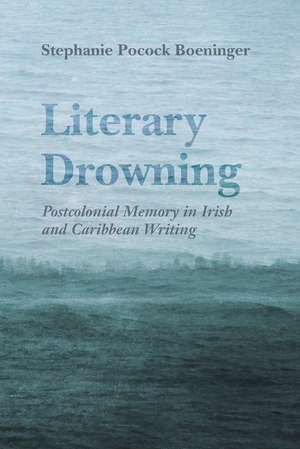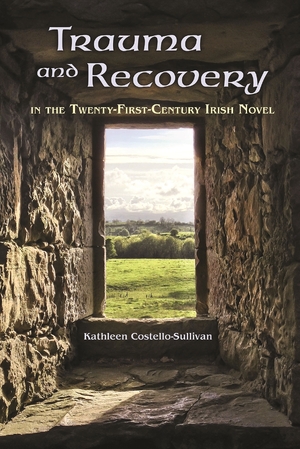"Laying Out the Bones contributes a timely literary study to the growing body of interdisciplinary work that considers the Irish reputation for “doing death well” even as the Irish public and government continue to excavate a past in which so many were denied what English calls “a good death."—James Joyce Quarterly
"The necessity of rituals to assuage the pain of loss is highlighted, but these rituals are a strange mixture of the secular and religious. It is interesting to observe the distance we have travelled between Joyce and Enright in this regard, from a society that was supersaturated by religious ceremonies to one where religion is merely one of many mechanisms that the bereaved have available to them."—Dublin Review of Books
"Focusing on representations of death and dying in five modern Irish novels, English investigates how death ‘informs and structures their narratives, revealing conflicts between religious and secular conceptions of death’."—Irish University Review
"A rich, provocative and lyrical meditation on the treatment of death and dying in the work of a wide range of modern Irish writers. English shows that novels provide a secularizing society with a form through which to confront the ultimate experience. Her prose is subtle and poised: and her insights are profound and original."—Declan Kiberd, University of Notre Dame
"An original study of a curiously neglected topic in Irish literary studies. With a display of impressive scholarly authority, English ranges from Joyce’s Ulysses to Enright’s The Gathering by way of Beckett, Kate O'Brien and McGahern. She argues that the Irish novel is a secularizing medium that disenchants traditional Catholic conceptions of death and dying but also registers the fear and trembling that all post-religious societies feel in the face of death stripped of sacred consolations or philosophical certainties. This thoughtful, compelling study will open up a whole new set of discussions and debates in Irish Studies."—Emer Nolan, Maynooth University
Description
English sheds new light on death and dying in twentieth- and twenty-first century Irish literature as she examines the ways that Irish wake and funeral rituals shape novelistic discourse. She argues that the treatment of death in Irish novels offers a way of making sense of mortality and provides insight into Ireland’s cultural and historical experience of death. Combining key concepts from narrative theory—such as readers’ competing desires for a story and for closure—with Irish cultural analyses and literary criticism, English performs astute close readings of death in select novels by Joyce, Beckett, Kate O’Brien, John McGahern, and Anne Enright. With each chapter, she demonstrates how novelistic narrative serves as a way of mediating between the physical facts of death and its lasting impact on the living. English suggests that while Catholic conceptions of death have always been challenged by alternative secular value systems, these systems have also struggled to find meaningful alternatives to the consolation offered by religious conceptions of the afterlife.
About the Author
Bridget English holds a PhD in English from Maynooth University in Ireland. She researches and teaches Irish literary and cultural studies, Modernism, and the Medical Humanities.
Related Interest
December 2017




